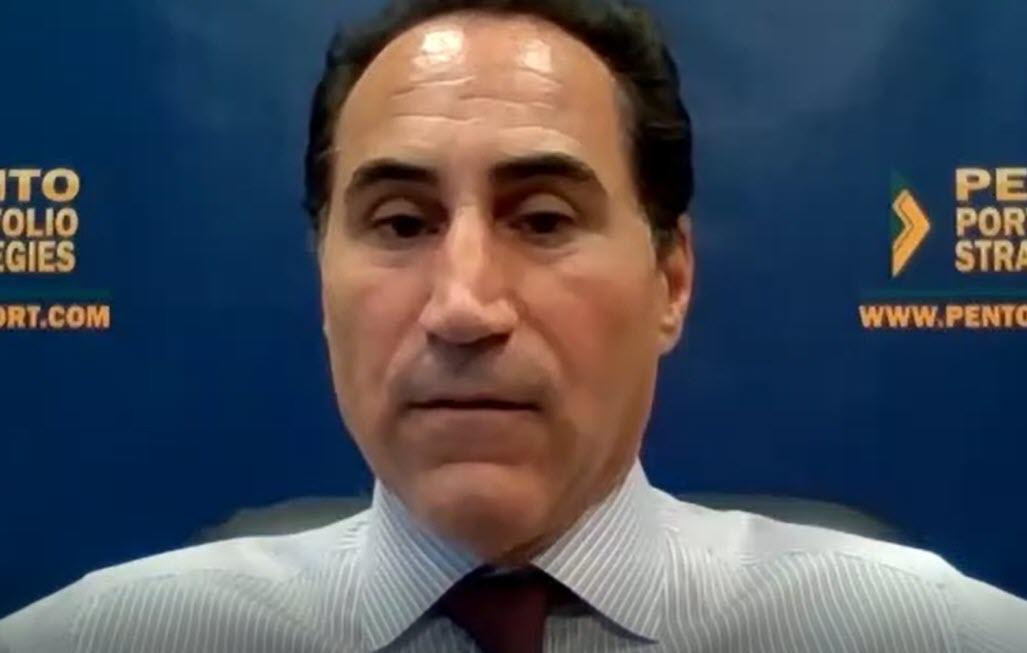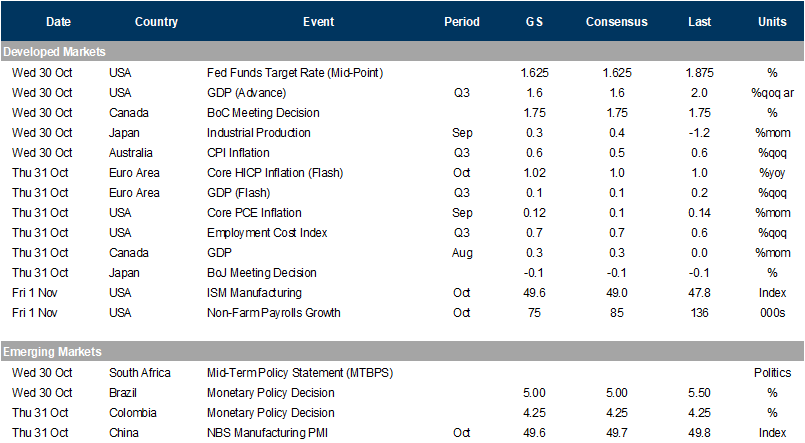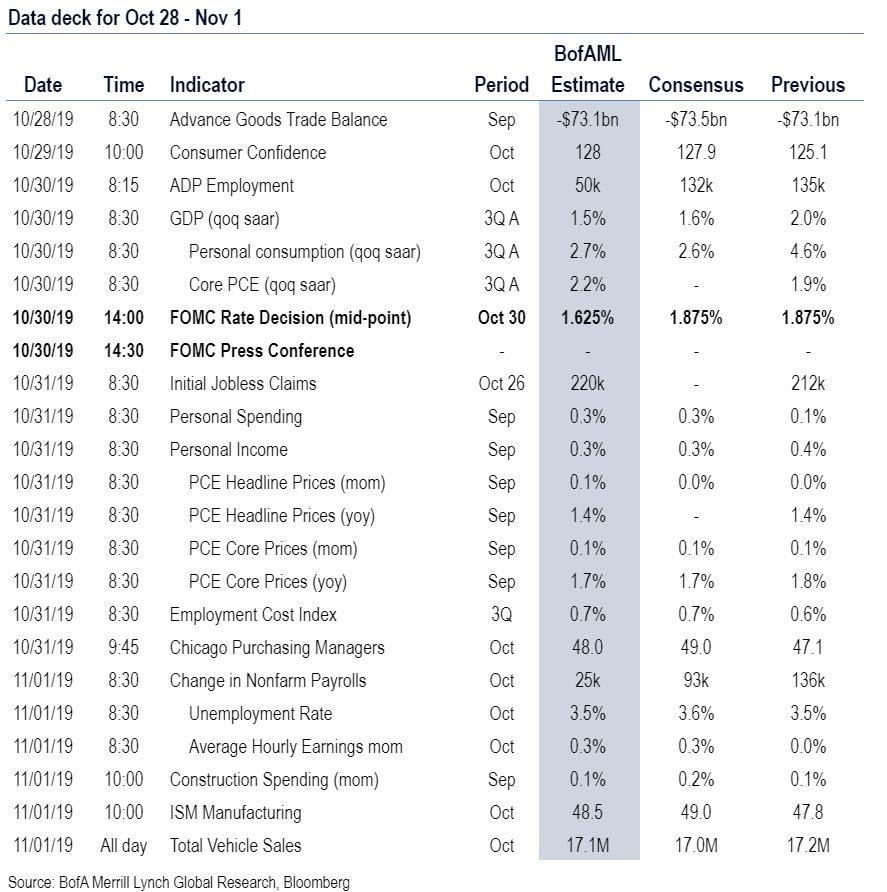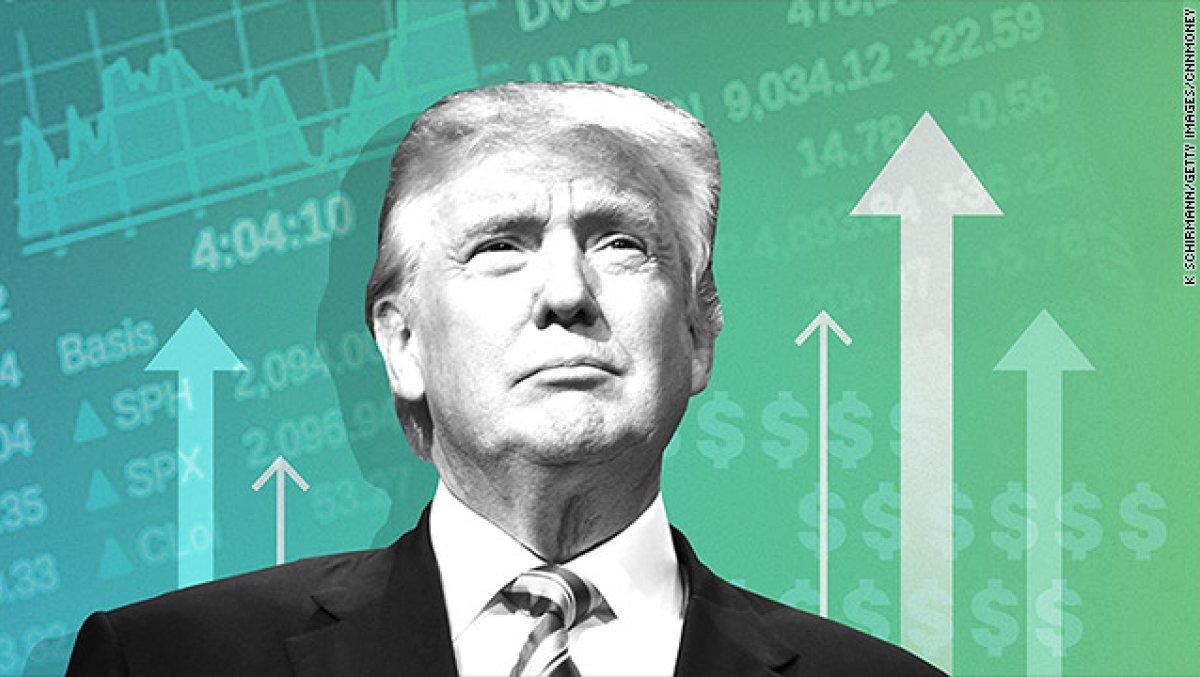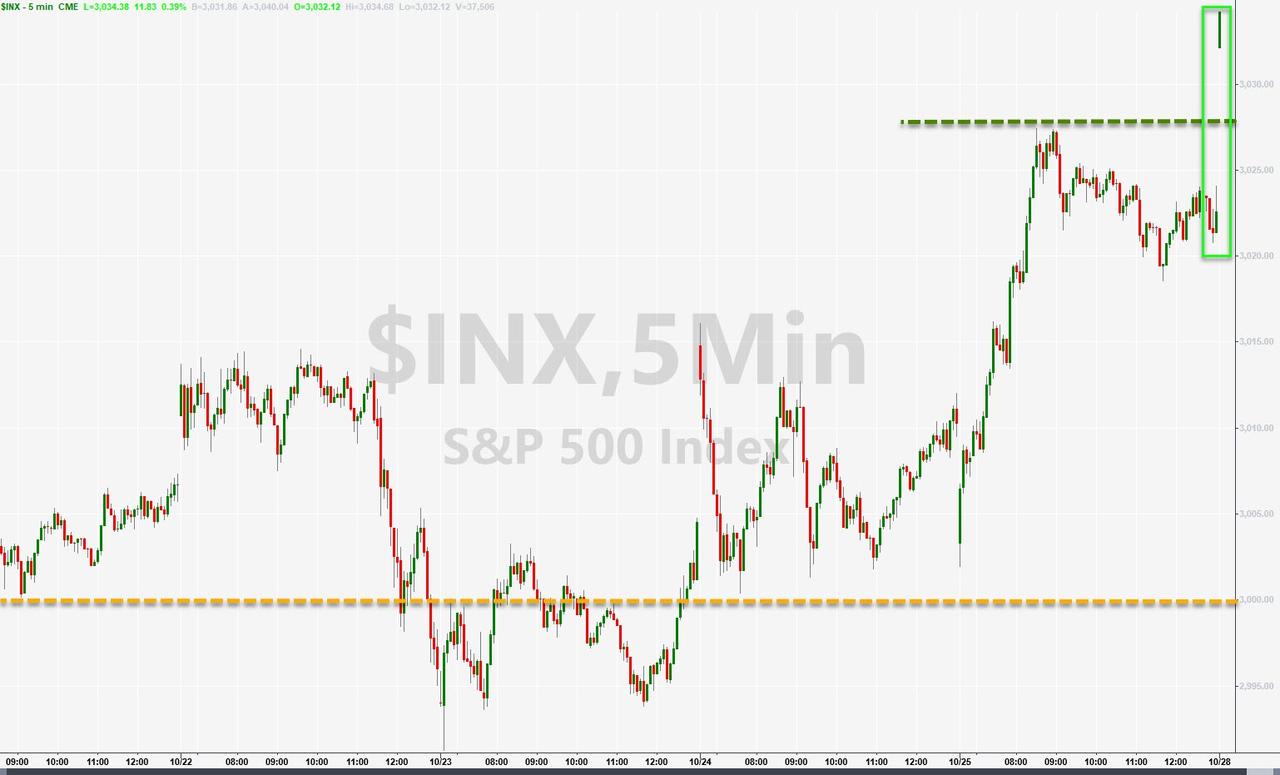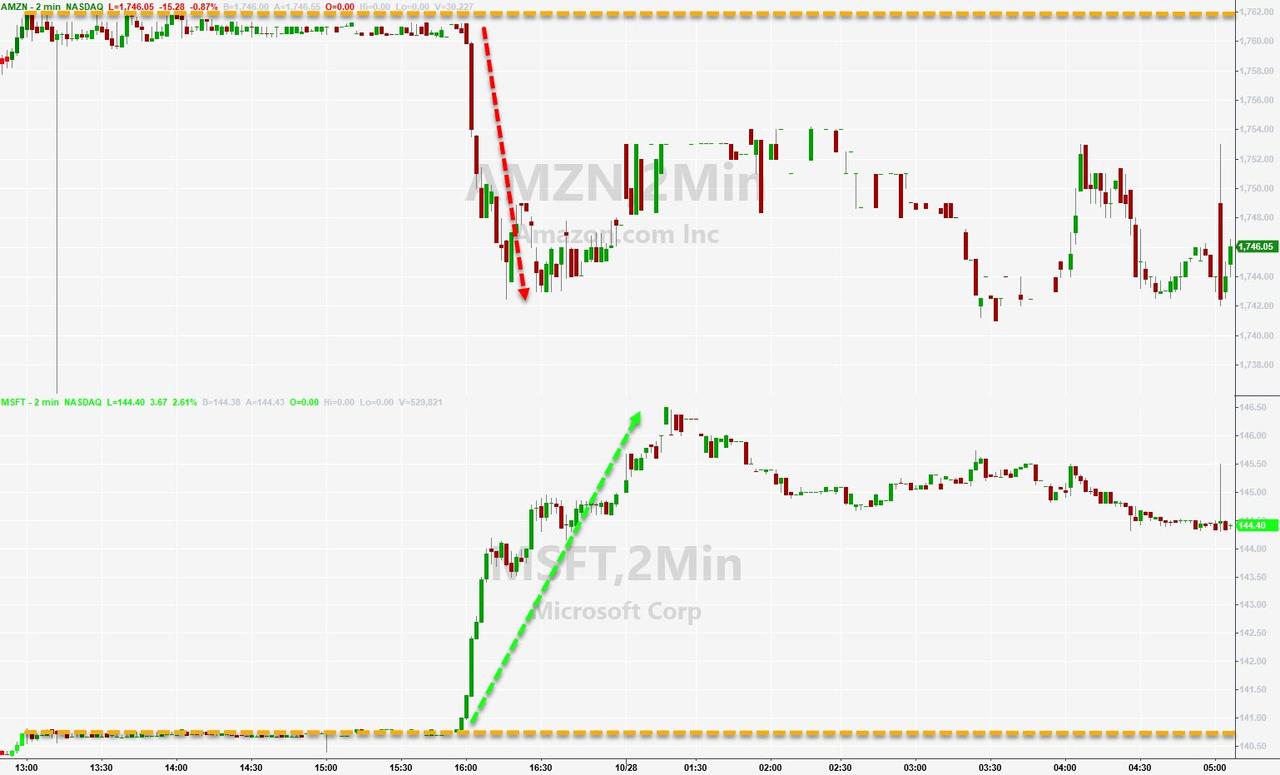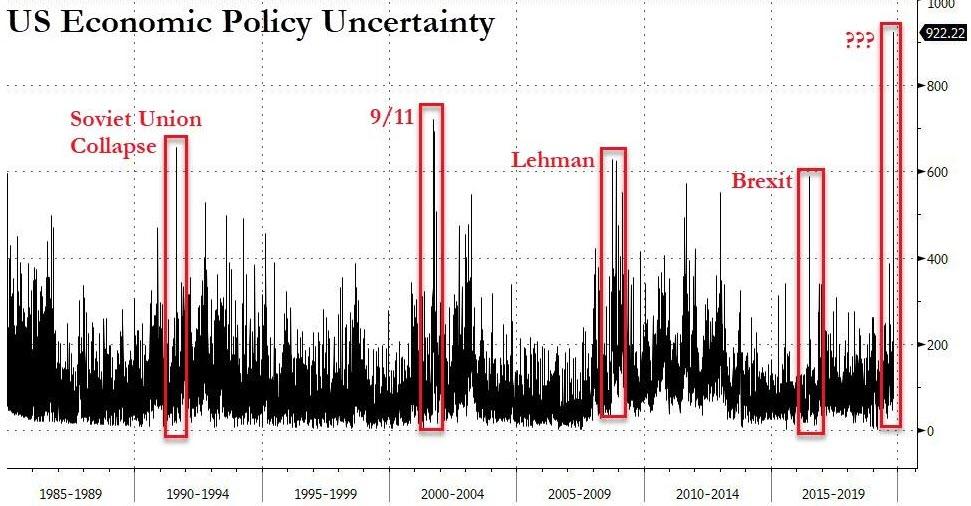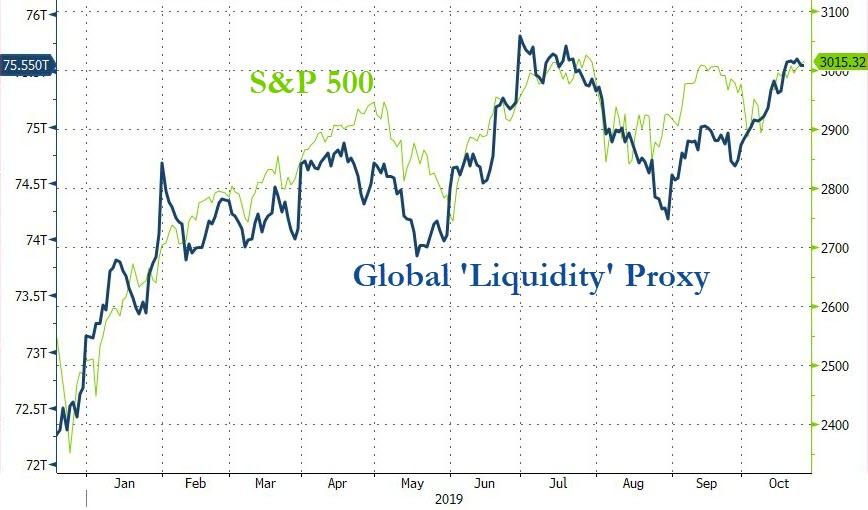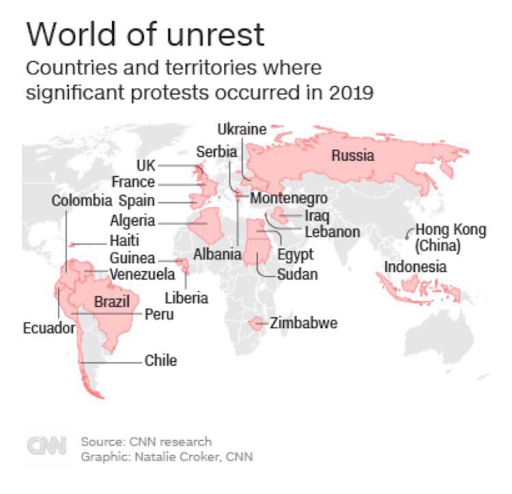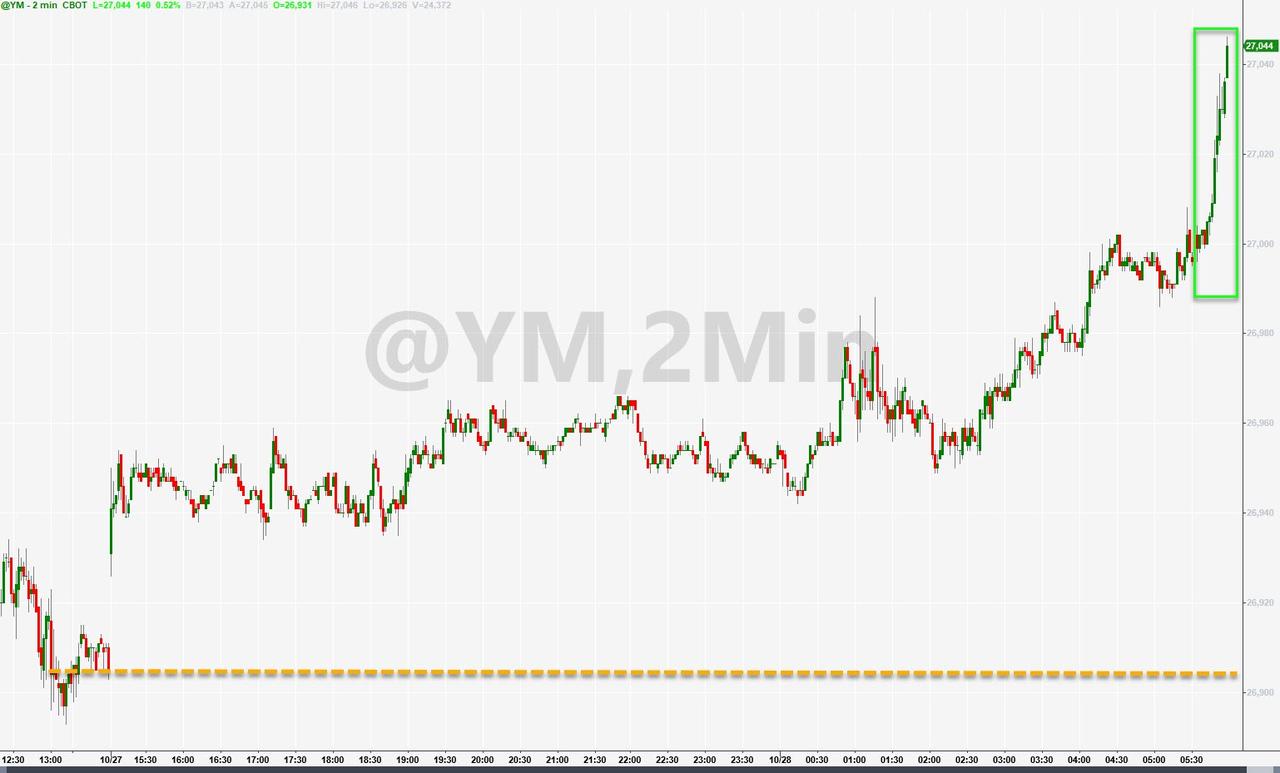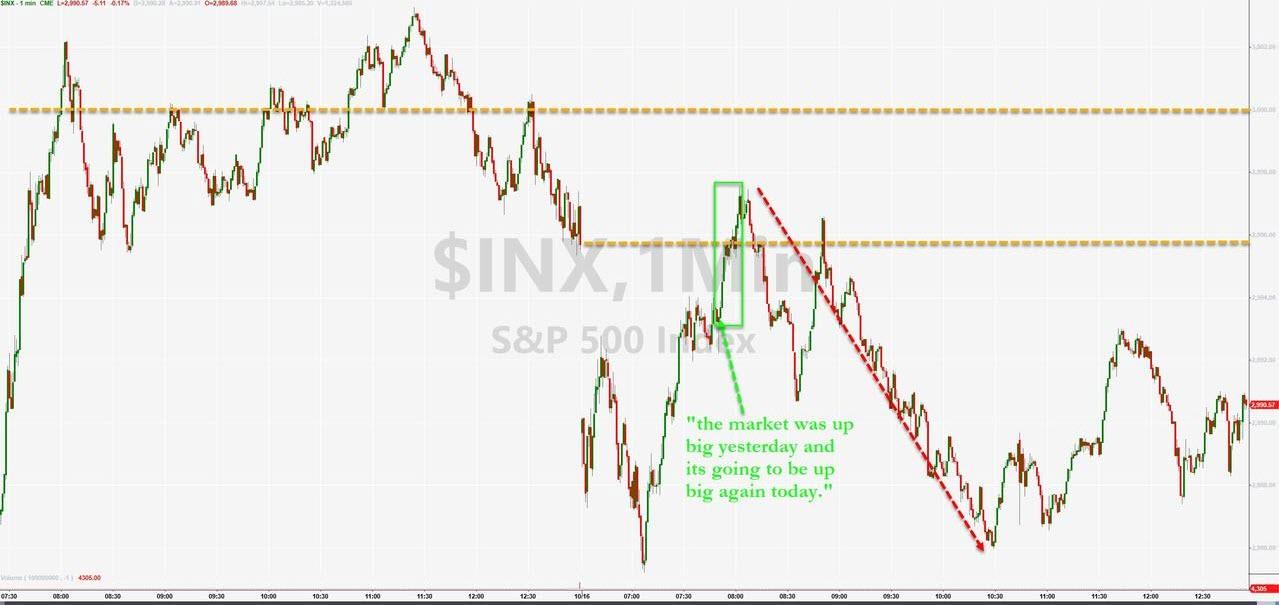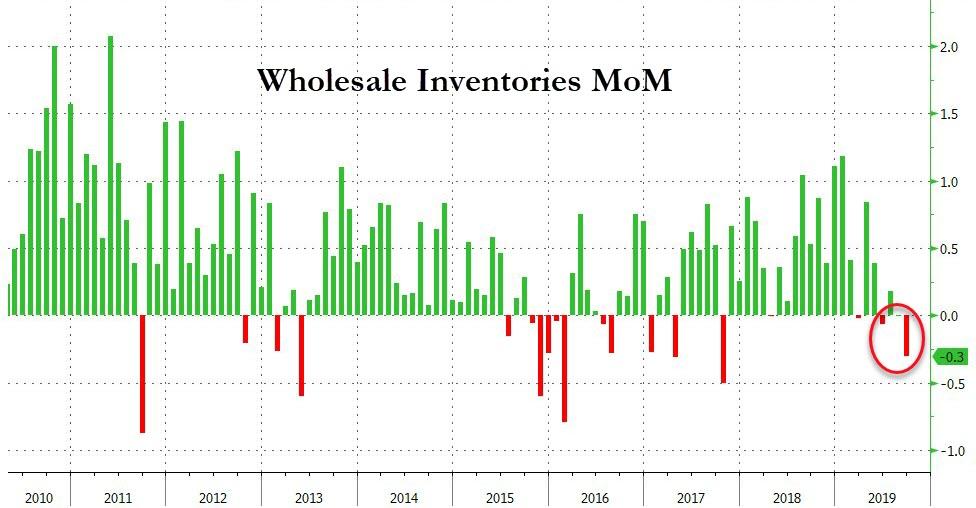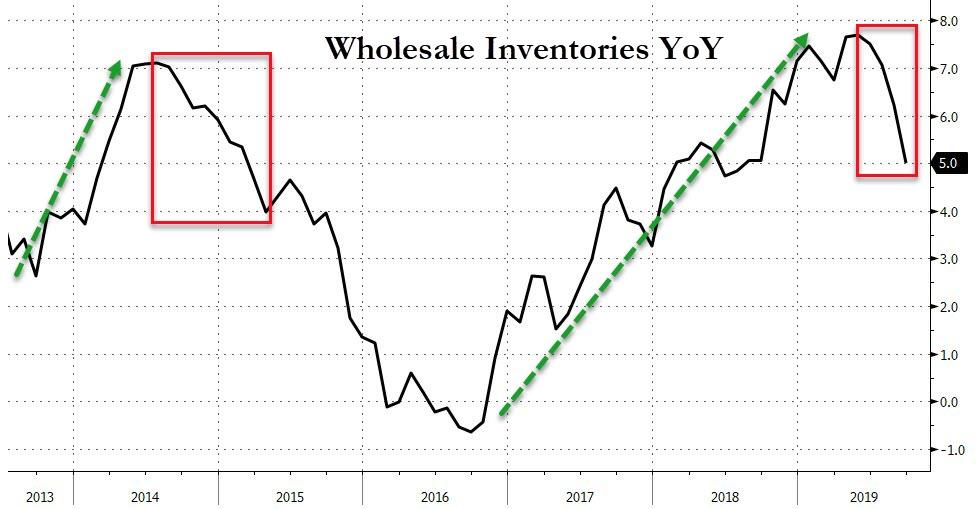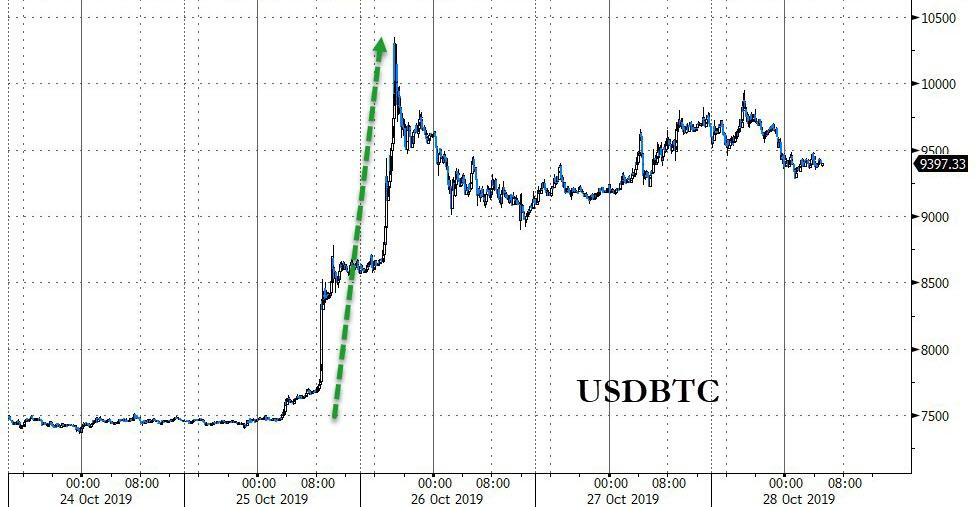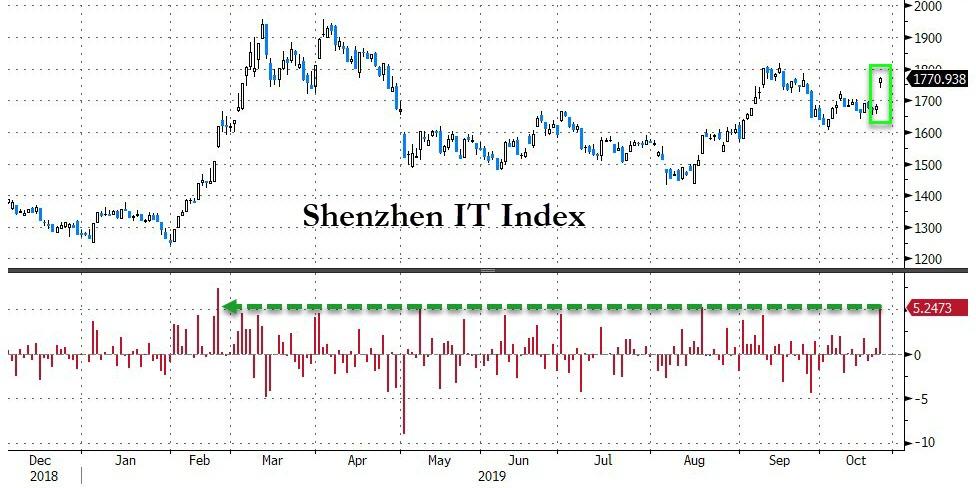A U.S. raid in Syria has killed ISIS leader Abu Bakr al-Baghdadi. “U.S. Special Operations forces executed a dangerous and daring nighttime raid into Northwestern Syria to accomplish this mission,” according to a statement from the president. “He died like a dog. He died like a coward. The world is now a much safer place.”
Baghdadi “had been hunted for more than a decade, and the organization he had built was designed partly on the assumption this day would come,” notes The New York Times. ISIS relies on a largely decentralized leadership structure, so “the practical effects of his demise” will be lessened.
Which is to say: Don’t go getting up any hopes about this diminishing the imperative for U.S. troops and military action in the area.
President Donald Trump described Baghdadi’s death as a “demonstration of America’s relentless pursuit of terrorist leaders, and our commitment to the enduring and total defeat of ISIS!” He also said that it should serve as a “reminder that we will continue to pursue the remaining ISIS terrorists to their brutal end.”
George W. Bush said something similar upon the death of Abu Musab al-Zarqawi in 2006, and Barack Obama said much the same about Osama bin Laden’s killing in 2011, notes Spencer Ackerman at The Daily Beast. “These three fatal milestones all point to the strategic incoherence within a global war that has now lasted an entire generation,” Ackerman writes:
No one, not the Trump administration nor its critics, believes that the so-called Islamic State is finished because Baghdadi is dead. As proficient as U.S. special operators have become at manhunting these past 18 years, and as central as manhunting has been during that time, there is no campaign plan, not even a theory, by which the killings of jihadist leaders knit up into a lasting victory. Asking for one would require reckoning with the catastrophic failure represented by a war that only perpetuates itself.
There would have been no Abu Bakr al-Baghdadi had Bush not invaded and occupied Iraq in 2003. That war created an opportunity for a mass murderer, Zarqawi, to construct an al Qaeda franchise more bloodthirsty than even the one bin Laden created. Even after Zarqawi’s 2006 death, bin Laden could never rein in al Qaeda in Iraq, documents recovered after the 2011 raid on his Abbottabad compound showed, and he grew particularly dyspeptic over the offshoot’s clear desire to declare a caliphate….
Bin Laden did not believe the time was right for a caliphate. Baghdadi took advantage of both the Syrian civil war and Obama’s 2011 withdrawal from Iraq to make the caliphate a brutal fascist reality, complete with misogynist enslavement and opportunities for men to find meaning through sanctified violence. When al Qaeda and the elder generation of jihadist theorists opposed ISIS, Baghdadi’s organization—now an actual state, complete with an army, and a flag—had no problem attacking them. Baghdadi was less visible than bin Laden, rebuking the leadership style of a previous generation and signaling that the caliphate was more important than he was. The caliphate was ISIS’ triumph over bin Laden, whose children ate his revolution.
This history matters because it shows that the expansive war the U.S. launched does not fight against a static enemy. It generates enemies—the slain al Qaeda propagandist Anwar al-Awlaki is another example—and provides opportunities for new ones to arise.
Trump, for all his showy proclamations to the contrary, is simply carrying on Bush and Obama policy in the Middle East.
It’s really something to look side-by-side at the three presidents’ statements, though. After describing Zarqawi’s crimes, Bush commended the new Iraqi government and “the men and women of our armed forces” before laying out the next steps. He concluded, “May God bless the Iraqi people and may God continue to bless America.” While talking about bin Laden’s death, Obama conjured the 9/11 attacks and the U.S. war in Afghanistan before briefly describing the operation that killed bin Laden:
Today, at my direction, the United States launched a targeted operation against that compound in Abbottabad, Pakistan. A small team of Americans carried out the operation with extraordinary courage and capability. No Americans were harmed. They took care to avoid civilian casualties. After a firefight, they killed Osama bin Laden and took custody of his body.
He went on to talk about efforts to “remain vigilant at home and abroad,” to thank U.S. forces involved in bin Laden’s capture, and to wax a little bit about American ideals and “liberty and justice for all.”
But Trump? After a paragraph of basic information about Baghdadi’s death, he offered the following:
No U.S. personnel were lost in the operation, while a large number of Baghdadi’s fighters and companions were killed with him. He died after running into a dead-end tunnel, whimpering and crying and screaming. The compound had been cleared by this time, with people either surrendering or being shot and killed. Eleven young children were moved out of the house un-injured. The only ones remaining were Baghdadi in the tunnel, who had dragged three children with him to certain death. He reached the end of the tunnel, as our dogs chased him down. He ignited his vest, killing himself and the three children. His body was mutilated by the blast, but test results gave certain and positive identification.
The thug who tried so hard to intimidate others spent his last moments in utter fear, panic and dread—terrified of the American Forces bearing down.
He went on to call the people associated with Baghdadi “losers,” to say we will “completely destroy…these savage monsters,” and to emphasize again that Baghdadi died like a “coward.”
Say what you will about Bush and Obama, but at least they tried to situate their actions in a framework of human rights. Trump described the operation like an action-movie sequence, focusing on lurid details and, especially, the humiliation America (and by extension Trump) supposedly meted out to a powerful terrorist leader. It reads like the kind of statements put out by authoritarian rulers, designed not to provide us with a vision of our highest ideals but about Donald Trump, his might and power, and the retribution enemies will face for crossing him.
FREE MINDS
The suburbs are changing. “The political dividing line in America used to be between cities, which were mostly Democratic, and suburbs, which had long been Republican,” write Sabrina Tavernise and Robert Gebeloff at The New York Times. But
today it runs through the very center of the suburbs themselves, between a densely populated inner ring that is turning blue and a more spacious outer ring that is becoming ever more red.
Part of this can be explained by more college-educated white people moving or sticking to the suburbs, they write, but it’s also a matter or “rising racial diversity” in the suburbs:
Nearly 60 percent of all black people now live in suburbs. African-Americans, Hispanics and Asians together make up nearly one-third of the suburban population.
More here.
FREE MARKETS
QUICK HITS
- U.S. Rep. Katie Hill (D–Calif.) is resigning:
- Trump was not treated to a warm reception at the Nationals game last night:
- Charles Kupperman, deputy to former Trump advisor John Bolton, was supposed to testify before the House impeachment investigators today. After being forbidden by the White House from doing so, Kupperman told investigators as much but also filed a lawsuit in federal court seeking to know whether he “should comply with the House’s subpoena or with the President’s assertion of immunity and instruction that he not appear and testify.”
- Read Cato’s Gene Healy on impeachment:
from Latest – Reason.com https://ift.tt/31PKRp2
via IFTTT
